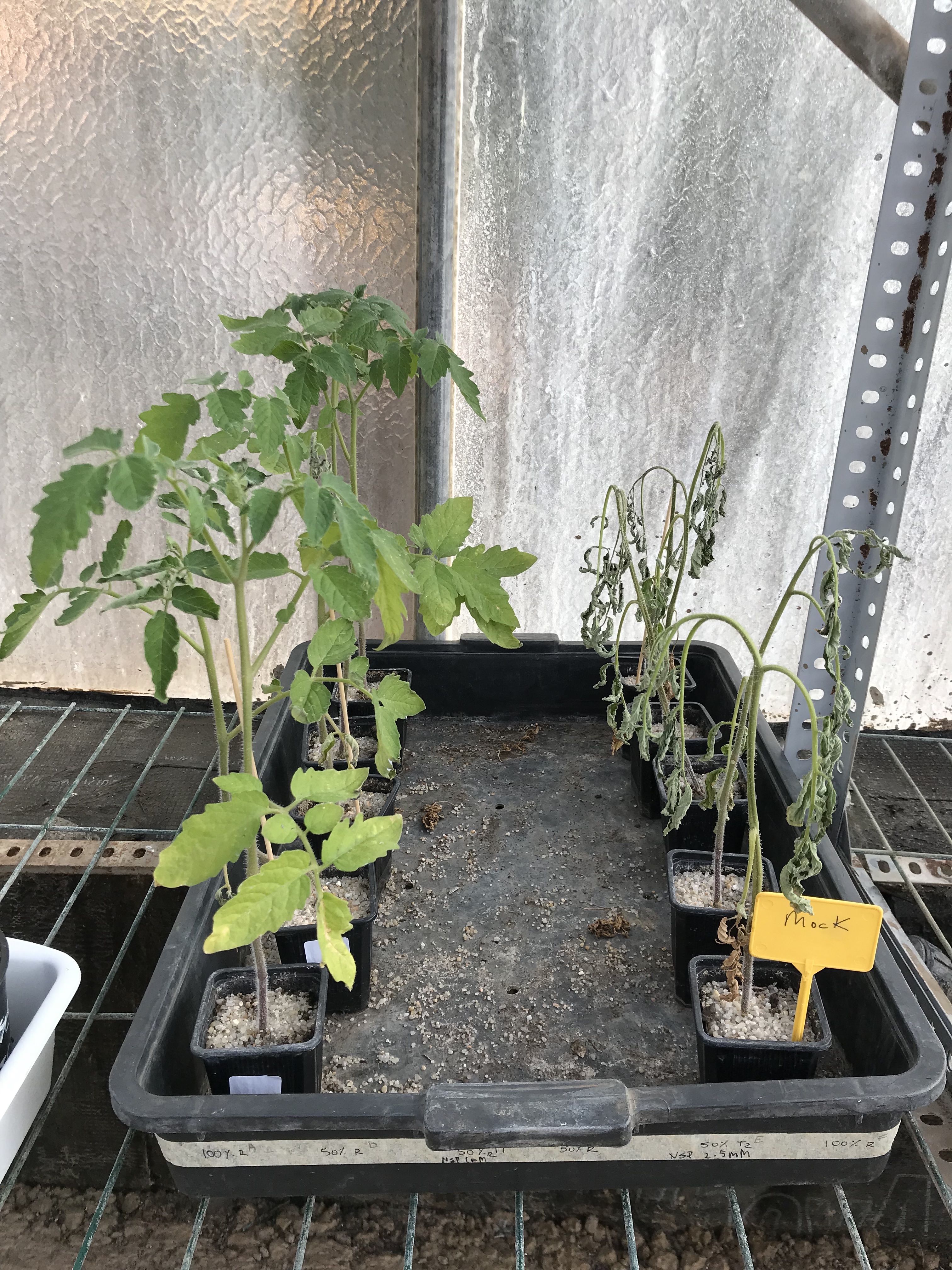Chemical Activators of Natural Plant Defences
Biotic stress (pathogens and pests) and abiotic stress (salinity, frost, heavy metals, heat, etc.) are among the fundamental causes of crop yield loss. Knowledge of the defence mechanisms that underlie resistance or tolerance and how plants respond to stress could help us develop environmentally friendly and sustainable crop protection alternatives to meet the challenge of feeding a growing world population. Plants are sessile organisms, that is to say, they do not have the possibility of escaping from a hostile environment that animals have. Therefore, throughout evolution they have had to develop complex defence mechanisms in order to survive and develop properly. Among these mechanisms, in recent years it has been discovered that, like animals, plants are capable of developing molecular mechanisms of "stress memory", so that after overcoming a first episode of stress (first stimulus) they develop resistance or tolerance to successive episodes of stress, even unrelated to the first. This phenomenon known as "priming" can be induced in plants by the application of some non-toxic chemical molecules. Moreover, this type of resistance induced through a priming does not, in the absence of the second stimulus (a pathogen, mechanical damage by boiling water, heat, etc.), lead to a loss of energy, so that the yield of the crop is not affected as a result of the treatments and, if the plant is threatened by stress, is able to resist it more adequately and at a lower energy cost.

This line has been researching, in the last twenty years, on the induction of resistance of plants to diseases. These investigations made possible the discovery of new properties of Vitamin K3 (first therapeutic use of Vitamin K3 in agriculture) and have given rise to the registration and publication of different patents of invention. The rights over the commercial exploitation of the patents have been licensed to companies in the agrochemical sector. These patents develop a new technology based on a class of chemical activators of environmentally safe natural plant defences that are systemic, biodegradable, non-pesticide, as well as harmless to humans, animals and plants themselves, at recommended doses for use in agriculture, floriculture, gardening and ornamental plants.
The Group is currently searching for new priming agents and characterising the priming mechanisms activated in the plant by one of the water-soluble derivatives of Vitamin K3, called MSB (menadione sodium bisulfite), and related to the plant's response to biotic stress (activation of natural defence mechanisms against attacks by pathogens and pests), and abiotic stress (see publications and patents section). The transfer to industry of this new CSIC technology developed by the Group has allowed the release to national and international markets of several commercial formulations for use in agriculture, based on MSB.
Andrés A. Borges Rodríguez
